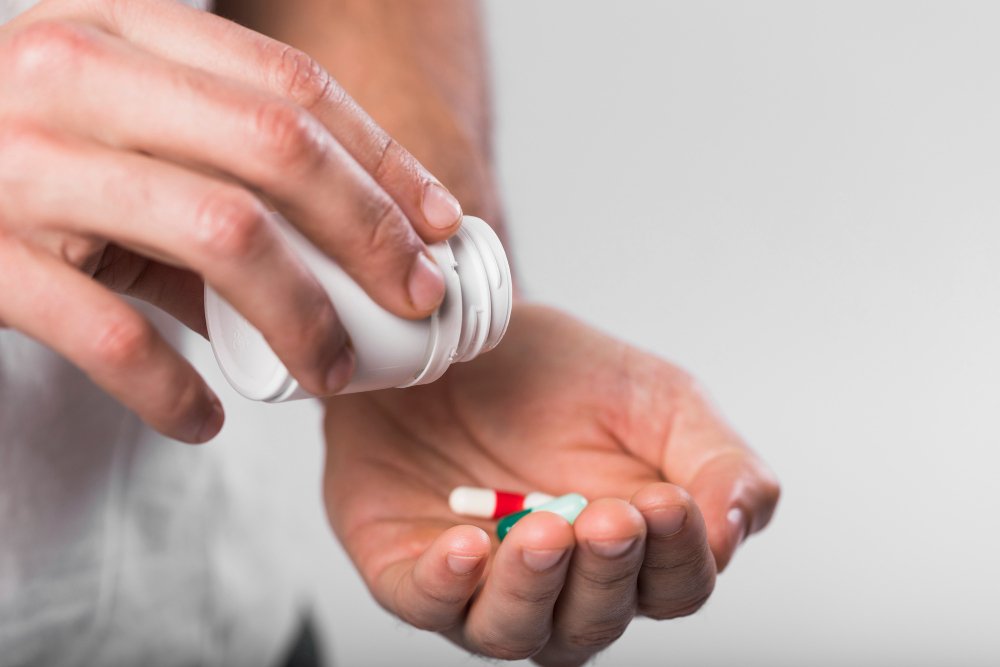The Evolution and Impact of Medication Dispensing Systems
The healthcare industry is constantly evolving and with this evolution comes the development of new systems to enhance patient care. One of these notable advancements is the "medication dispensing system," a process and technology combination that is reshaping how medications are managed, distributed and consumed by patients. Understand these systems' significance and the myriad benefits they bring to patients and healthcare providers.
What Does the Medication Dispensing System Describe?
The medication dispensing system is more than just a method to distribute drugs. It represents a holistic approach to patient care that centralizes the medication management process. The system, rooted in the core principle of streamlining patient treatment, ensures prescribed drugs are correctly administered in the right doses and at the right times. The system eradicates potential errors and inconsistencies in medicine dispensation by utilizing advanced technology and meticulous monitoring. With such systems in place, there's a significant reduction in the chances of medication mishaps, leading to a safer environment for patients.
Is Medication Dispensing Beneficial for Patients?
Patients Get the Prescribed Drugs Immediately: No more waiting in long pharmacy lines or facing delays. Patients receive their prescribed drugs almost instantaneously with the in office medication dispensing system, ensuring timely treatment.
Super-Beneficial for Mobility Challenged People: This system is a blessing for those with mobility issues or those who reside in remote locations. They can receive their medications without the hassle of traveling to a pharmacy.
Quick Prescription Filing: The system allows for rapid prescription filling, ensuring patients get their medications without unnecessary delays, making the process efficient and hassle-free.
Enhancing Privacy & Confidentiality: Patient privacy is paramount. This revolutionary system makes sure patient data and medication details remain confidential, providing an added layer of trust.
Reducing the Need for Unnecessary Pharmacy Visits: Why make an extra trip when you don't have to? Patients can avoid an additional stop at the pharmacy by utilizing the benefits of the dispensing process in clinics or doctor's offices.
Can Clinics or Doctors Enjoy the Marketing Advantages of Medication Dispensing?
Ensuring Patients' Satisfaction: A satisfied patient often means a returning patient. Clinics and doctors can improve patient satisfaction and trust by offering prompt medication services.
Establishing Independent Revenue Stream: Medication dispensing can also provide an additional source of income, allowing healthcare providers to diversify their revenue streams.
Boosting Operational Efficiency: By integrating the medication dispensing process, clinics can streamline operations, reducing administrative burdens and ensuring a smooth patient flow.
Enhanced Brand Reputation: By offering an innovative medication dispensing solution, clinics and doctors can set themselves apart, enhancing their reputation and becoming leaders in patient-focused care.
Building Stronger Patient Relationships: Direct dispensing allows more face-to-face interactions between patients and their healthcare providers. That fosters trust and provides opportunities for healthcare professionals to educate and advise patients, deepening the patient-provider relationship.
Join Us in Crafting Tomorrow's Healthcare System
Unlock the future of healthcare with PD-Rx Pharmaceuticals. Discover how our medication dispensing system revolutionizes patient care, offering unparalleled convenience and precision. We understand that every dose is precise, every treatment is timely and every patient experiences exceptional. As healthcare professionals, the responsibility to provide the best lies with you. Don't just adapt; lead with us. Dive in and elevate your care standards today!
**Disclaimer: The information on this page is not intended to be a doctor's advice, nor does it create any form of the patient-doctor relationship.

